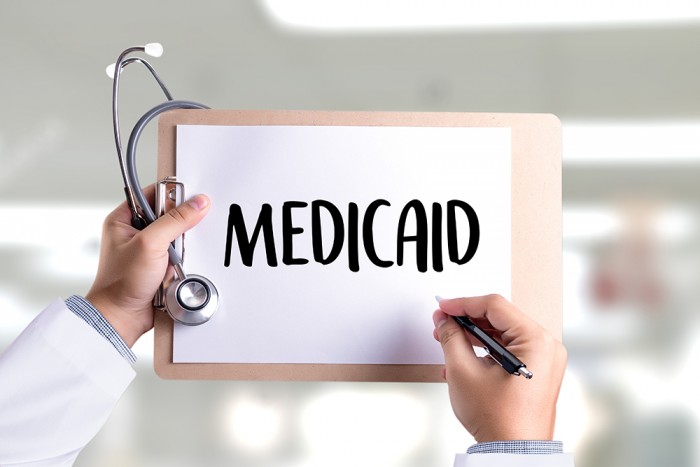RCPA Requests Governor to Clarify Definition of Health Care Provider Under FFCRA
Over the past few weeks, RCPA has held numerous webinars, conference calls, and other outreach to our members regarding the COVID-19 pandemic. One of the major issues members are facing concerns the definition of what constitutes a health care provider under the Family First Coronavirus Response Act (FFCRA).
RCPA has received conflicting guidance on the definition of a health care provider; therefore, RCPA sought a legal interpretation from attorneys. The attorneys believe that RCPA mental health, behavioral health, drug and alcohol, and intellectual and physical disability providers are included in the broad language of the definition; however, RCPA and its members have been directed to consult with their own legal counsel or human resources team. With this ambiguity in the definition of what constitutes a health care provider, RCPA members are not able to make appropriate business and health related decisions for their employees and clients.
RCPA and its members need clarification; therefore, RCPA sent Governor Wolf a letter today, requesting him to resolve this issue. As the letter states, RCPA believes the Governor has the authority and may deem our members, who offer mental health, behavioral health, drug and alcohol, as well as intellectual and physical disability services, as essential health care providers.
Questions, please contact Jack Phillips.
PA on Statewide Stay-at-Home Order Beginning at 8 PM Tonight
Introduction to MAT for Opioid Use Disorder Training Available
Paycheck Protection Program Small Business and Non-Profit Loans Now Available
Economic Impact Payments: What You Need To Know
On March 30, 2020, the Treasury Department and the Internal Revenue Service announced that distribution of economic impact payments will begin in the next three weeks and will be distributed automatically, with no action required for most people.
However, some seniors and others who typically do not file returns will need to submit a simple tax return to receive the stimulus payment. Low-income taxpayers, senior citizens, Social Security recipients, some veterans, and individuals with disabilities who are otherwise not required to file a tax return will not owe tax.
IRS.gov/coronavirus will soon provide information instructing people in these groups on how to file a 2019 tax return with simple, but necessary, information including their filing status, number of dependents, and direct deposit bank account information. The IRS will post all key information there as soon as it becomes available.
The IRS has a reduced staff in many of its offices but remains committed to helping eligible individuals receive their payments expeditiously. Check for updated information on the website rather than calling IRS assistors who are helping process 2019 returns.
For more information, visit this web page.
Child and Adult Protective Services, Domestic Violence, Rape Crisis Programs Still Operating
Resources for Members Available
With the difficult circumstances regarding the COVID-19 pandemic, RCPA member Maher Duessel, a specialized full service CPA firm, would like to provide you with some important updates in key four areas: reporting filing date changes, legislative and regulatory updates, best practices for governments and non-profits, and financial assistance programs. Listed below is a summary of updates regarding these areas. Also, we have posted some helpful links on our website. We encourage you to monitor our blog for future updates regarding COVID-19 as matters evolve.
You are welcome to use our resource blog below and on our website. We have a team working on these issues. We will update as information becomes available and you are welcome to forward questions to us. We are also assisting with filling out loan apps under the new law if members need assistance. View the full message from Maher Duessel.

















